EuroSimE 2024, the 25th International Conference on Thermal, Mechanical, and Multi-Physics Simulation and Experiments in Microelectronics and Microsystems, is slated to occur in Catania, Italy from the 7th to the 10th of April 2024. This event aims to showcase the latest advancements in the field, offering a platform for researchers to exchange insights and foster innovation. Four doctoral candidates from the MIRELAI project are anticipated to participate, sharing updates from their ongoing research and gaining valuable insights from a community of experts. Let’s delve into their research endeavors, aimed at addressing challenges and driving innovation in microelectronics.
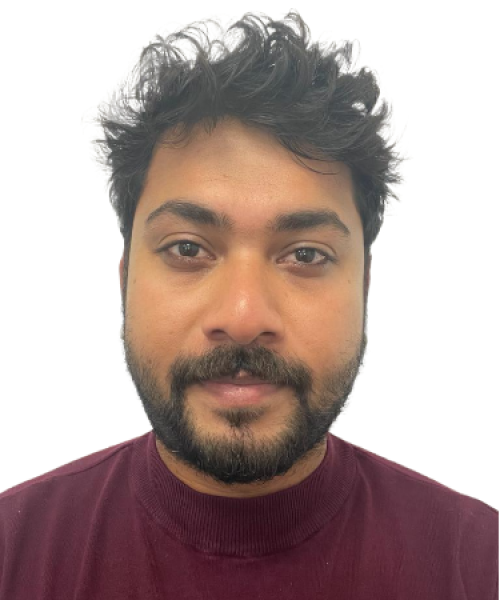
Vikram G Kamble: Exploring Microvia Technologies
Vikram will be showcasing his research on microvia technologies at the conference. His study takes you into understanding how geometrical design parameters impact the thermomechanical performance of microvias, utilizing Finite Element Method (FEM) simulations. Through his findings, Vikram underscores the critical importance of meticulous design considerations in bolstering microelectronic reliability, sustainability, and innovation. The collaborative effort involving academic expertise from Polymer Competence Center Leoben GmbH (PCCL)and Montan University Leoben (MUL), along with industrial inputs from Austria Technologie & Systemtechnik AG (AT&S) in Leoben, Austria, has enriched the research, making it more compelling for the scientific community.
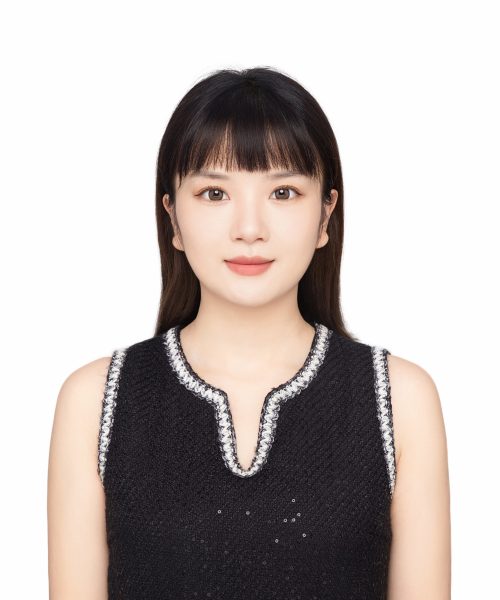
Qiulin Yu: Reliability Testing with Surrogate Modelling
Qiulin Yu, collaborating with the Polymer Competence Center Leoben GmbH (PCCL) in Austria, Technologie & Systemtechnik AG (AT&S), and Montan University Leoben (MUL) in Leoben, Austria, will discuss the challenges of reliability testing in Printed Circuit Board Assembly (PCBA) manufacturing. Her work focuses on accelerating testing processes using surrogate models based on machine learning and deep learning techniques. By providing rapid lifetime estimations of electronic products, Qiulin’s research streamlines testing efforts, ensuring long-term performance and quality. Her approach aligns with the goals of MIRELAI to reduce testing and verification efforts across the microelectronics value chain.
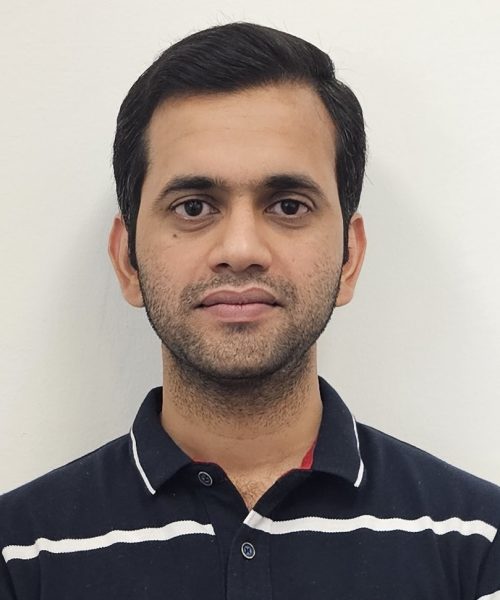
Fredy John Porathur: Optimizing Substrate Warpage through Simulation
Fredy John Porathur, in collaboration with the Polymer Competence Center Leoben GmbH (PCCL), ams-OSRAM AG in Graz, and Montan University Leoben (MUL) in Leoben, Austria, will elaborate on metamodel-based simulation and optimization for substrate warpage—a critical concern in microelectronics manufacturing. His analysis reveals gaps in current research and advocates for advanced methodologies to enhance substrate design and manufacturing processes. Fredy’s research contributes to the reliability and performance of electronic systems, driving progress in the industry. His work aligns with MIRELAI’s objectives to address challenges in the microelectronics domain.
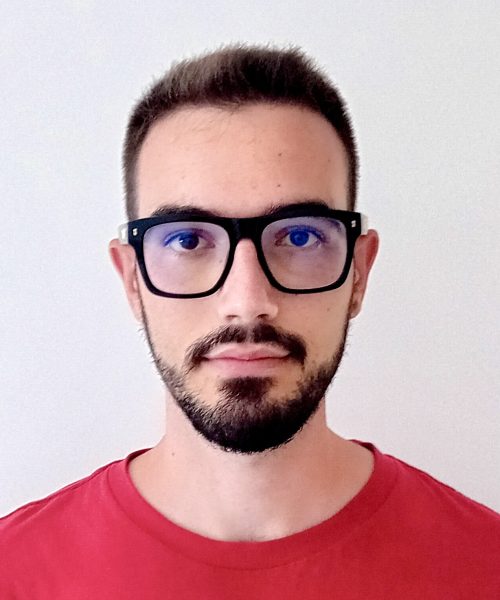
Matteo Depaola: Embracing Collaborative Learning
Matteo Depaola is eagerly anticipating his attendance at EuroSimE 2024, where he aims to align his research goals with the latest advancements in the mechanical and thermal domains of microelectronics. In addition to presenting his work, Matteo will actively engage in valuable short courses, enhancing his understanding of critical topics and acquiring skills to tackle multifaceted challenges within the field. His participation underscores the importance of continuous learning and collaboration in propelling innovation forward. Matteo’s collaborative efforts with VZW Interuniversitair Micro-Electronica Centrum (IMEC) and Siemens Industry Software NV (SISW) in Leuven, Belgium further accentuate his commitment to advancing the frontiers of microelectronics.
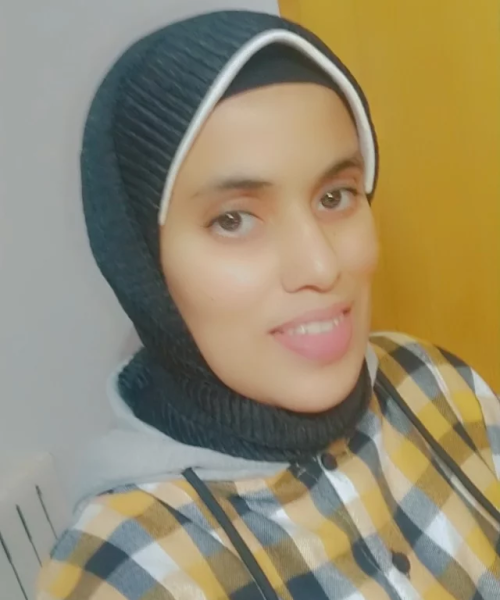
Doaa Mohamed: Failure analysis based on thermal imaging
Doaa Mohamed will present ongoing work on lock-in thermography as an in-line quality inspection tool for power electronic devices. Her research demonstrates the power of experimental and computational techniques in detecting and analyzing subsurface defects, contributing to the development of reliable manufacturing processes in the microelectronics industry. The work of Doaa is a collective effort from the Technische Universität Chemnitz (TU Chemnitz) in Chemnitz, Germany, and Berliner Nanotest und Design GmbH (Nanotest) in Berlin, Germany.
Collaborative Efforts to achieve the goals
EuroSimE 2024 will showcase the collective efforts of researchers like Matteo, Vikram, Qiulin, Fredy, and Doaa, all part of the MIRELAI consortium, in driving innovation in microelectronics. Their research contributions underscore the importance of collaboration, continuous learning, and advanced methodologies in addressing industry challenges and fostering sustainable innovation.
